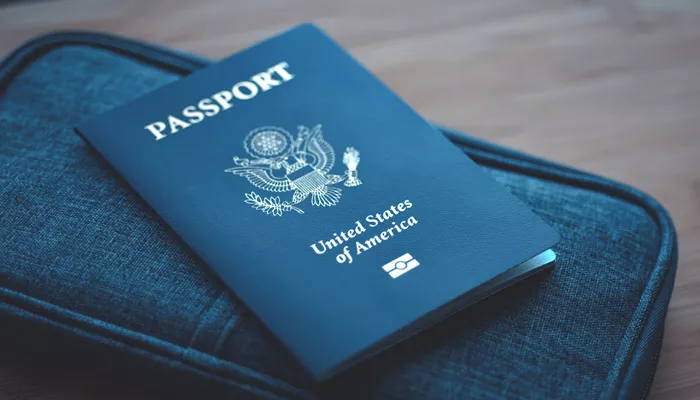Traveling to Japan is a dream for many, and for U.S. citizens, understanding the visa requirements is crucial for a smooth journey. This article will provide detailed information about whether U.S. citizens need a visa for Japan, the types of visas available, application processes, and important considerations for travelers.
Visa Exemption for U.S. Citizens
U.S. citizens do not need a visa to enter Japan for short-term visits. This exemption applies to tourism, business, and family visits, allowing Americans to stay in Japan for up to 90 days without a visa. Upon arrival, U.S. travelers will be granted a Temporary Visitor status, which permits them to engage in activities such as sightseeing, attending conferences, or visiting friends and family, but not to work for pay.
Eligibility for Visa Exemption
To qualify for the visa exemption, U.S. citizens must meet the following criteria:
Valid Passport: The passport must be valid for the duration of the stay in Japan and should ideally have at least six months of validity remaining.
Purpose of Visit: The visit should be for tourism, business, or family visits. Engaging in paid work is not permitted under the Temporary Visitor status.
Return Ticket: Travelers should have a return ticket or proof of onward travel, which may be requested by immigration officials upon arrival.
Types of Visas Available for Longer Stays
While U.S. citizens can travel to Japan without a visa for short stays, those wishing to stay longer than 90 days or engage in specific activities may need to apply for a visa. The types of visas include:
Work Visa: For individuals who plan to work in Japan. This requires a job offer and sponsorship from a Japanese employer.
Student Visa: For those who wish to study in Japan. Applicants must be accepted by a recognized educational institution.
Spouse or Family Visa: For U.S. citizens married to Japanese nationals or those with family ties in Japan.
Cultural Activities Visa: For individuals participating in cultural or artistic activities.
Application Process for a Visa
For U.S. citizens who need to apply for a visa, the following steps outline the general process:
1. Determine Visa Type: Identify the appropriate visa based on the purpose of the visit.
2. Gather Required Documents: Common requirements include:
- A valid passport
- Completed visa application form
- Recent passport-sized photograph
- Proof of financial stability (bank statements, tax returns)
- Travel itinerary (including flight details)
- Additional documents specific to the visa type (e.g., acceptance letter for students, employment letter for work visas)
3. Submit Application: Applications can be submitted at the nearest Japanese embassy or consulate. It is advisable to apply 1.5 months before the intended travel date to allow sufficient processing time.
4. Pay Visa Fees: Fees vary depending on the type of visa. U.S. citizens are generally exempt from visa fees for tourist visas, but fees may apply for other visa types.
5. Wait for Processing: The processing time can range from 5 to 15 business days, depending on the visa type and the specific embassy or consulate.
Traveling with an eVisa
In recent developments, Japan introduced an eVisa system for U.S. citizens, which simplifies the application process. The eVisa is designed for short-term stays and can be applied for online. This option is particularly beneficial during times of heightened travel restrictions, as it allows for a more streamlined application process without the need to visit a consulate in person. However, as of now, the eVisa is primarily available for specific circumstances and may not be widely applicable for all travelers.
Important Considerations for U.S. Travelers
Health and Safety Regulations: Travelers should stay informed about any health and safety regulations, including potential COVID-19 restrictions or requirements for entry.
Customs Regulations: Familiarize yourself with Japan’s customs regulations to avoid any issues upon arrival. Certain items may be restricted or prohibited.
Cultural Etiquette: Understanding Japanese customs and etiquette can enhance the travel experience. Simple gestures, such as bowing when greeting, can show respect for local culture.
Transportation: Consider obtaining a Japan Rail Pass if planning to travel extensively within Japan. Note that to secure the pass, travelers must have their passport stamped upon arrival.
see also: How Much Is Cost for British Citizenship?
Conclusion
In summary, U.S. citizens do not need a visa for short visits to Japan, provided they meet specific criteria. However, for longer stays or particular activities, obtaining the appropriate visa is essential. Travelers should prepare in advance by gathering necessary documentation and staying informed about any travel advisories or regulations. With the right preparation, visiting Japan can be a rewarding and enjoyable experience.


